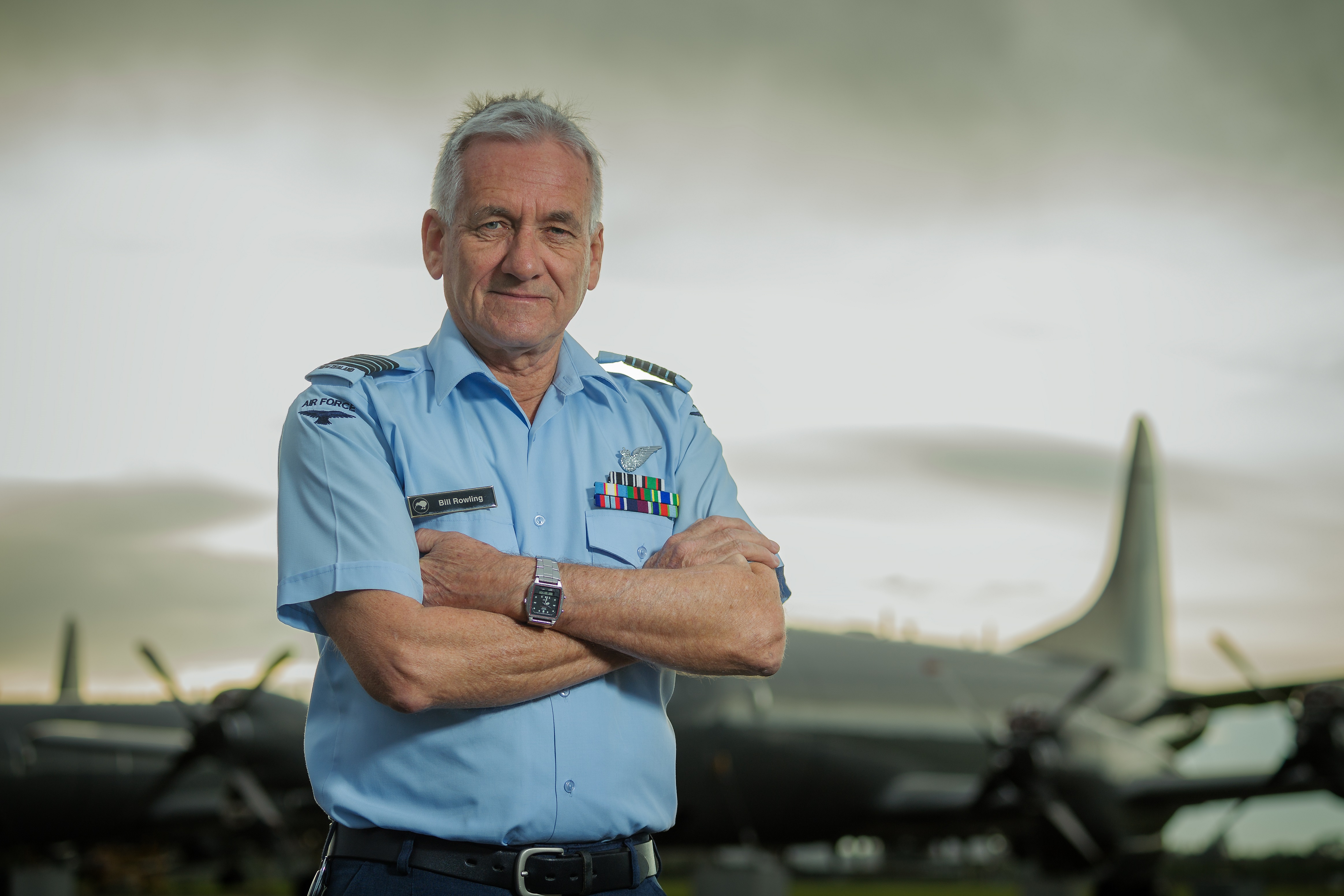Officer spreads his wings for emergencies


Wing Commander Bill Rowling is passing on his expertise in responding to emergencies, which he has picked up in 43 years with the RNZAF Photo: Supplied/RNZAF
Wing Commander Bill Rowling is one of the many former New Zealand Defence Force uniformed and civilian staff who volunteer their time to support local communities.
And when the Interislander ferry Aratere grounded in June, Wing Commander Rowling jumped into action.
“From an operational planning perspective, the event was relatively straightforward.
“The priorities were the preservation of life, protection of infrastructure - the ship, and protection of the environment including marine and land-based wildlife.
“Where the complexity of this operation came in was the tactical execution of the plan, which required several specialist agencies providing expert advice and action,” he says.

As operational planner for the Marlborough Civil Defence and Emergency Management incident management team, Wing Commander Rowling splits his time between RNZAF Base Woodbourne and the Marlborough Civil Defence Emergency Management Team.
Moving to Blenheim in 2022, Wing Commander Rowling has since updated RNZAF Base Woodbourne’s standing orders for incident management.
Being a smaller but close community brings its own unique challenges, he says.
“The difference between Woodbourne and its sister bases, Auckland and Ohakea, is that by virtue of its smaller size in a smaller region, the base is more connected to the community and faces different challenges.
“Base Woodbourne is often called on to support community responses to the prevalent floods and fires throughout Marlborough, Tasman and West Coast civil defence regions.”
Wing Commander Rowling is now focusing on passing on his experience to others.

“My biggest takeaways for an emergency are that communication and situational awareness are key to any response; ensuring information is being passed to the right people at the right time – just like any military operation,” he says.
He adds people should have a plan in place for their whānau to be self-reliant for a period of three to seven days in case main supply lines or utilities are cut off.
“These plans should include individual grab bags, contact lists, reserves of food, water and medication, lighting and cooking methods.”
